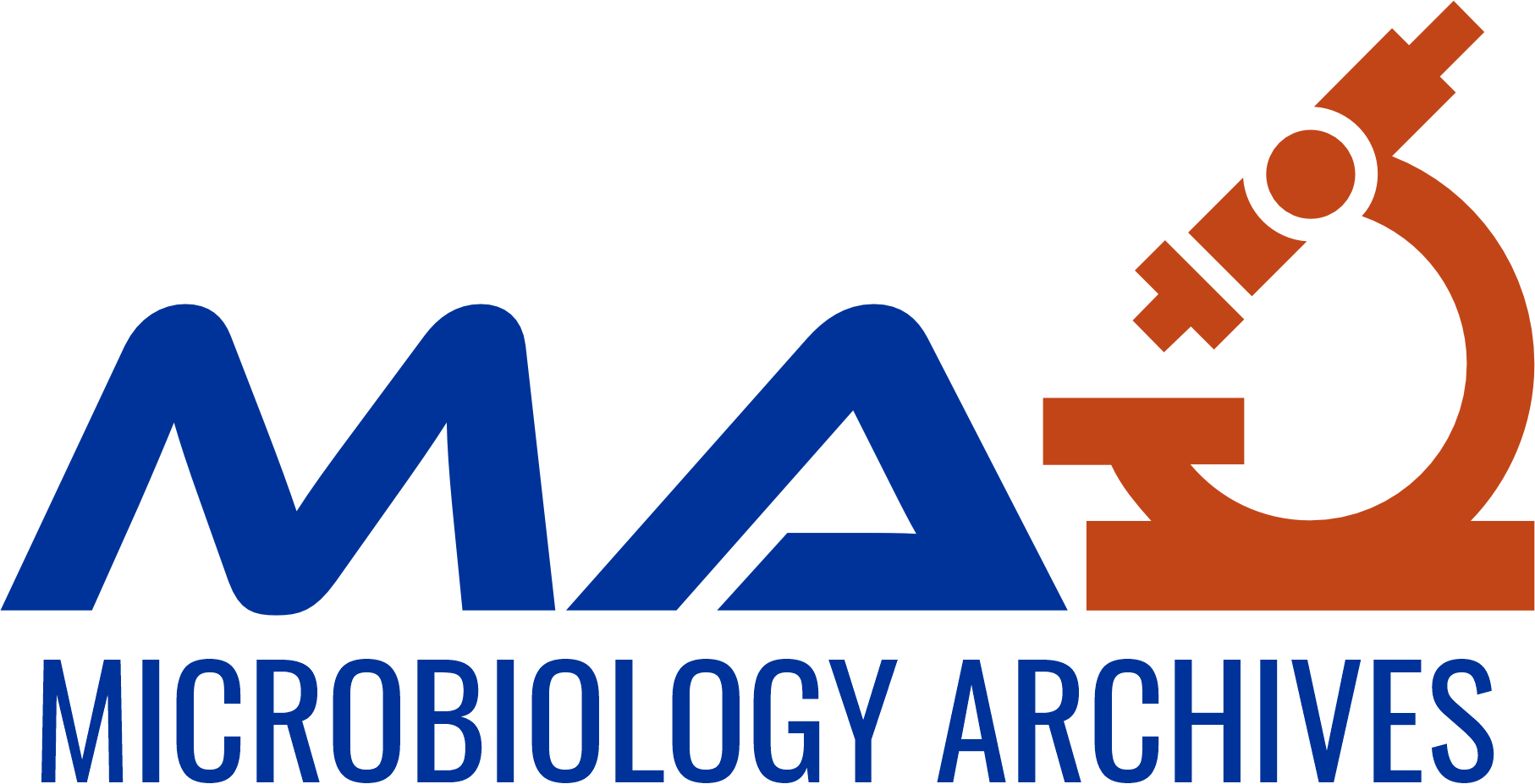Bacteriophage therapy, the therapeutic use of viruses that specifically target and lyse bacteria, has emerged as a promising next-generation solution to the escalating global crisis of antibiotic-resistant bacterial infections. As multidrug-resistant (MDR) and extensively drug-resistant (XDR) pathogens continue to render conventional antibiotics increasingly ineffective, bacteriophages offer a highly specific, self-amplifying, and evolutionarily adaptable alternative. Unlike broad-spectrum antibiotics, phages precisely target pathogenic bacteria without disrupting the host’s beneficial microbiota, thereby minimizing collateral damage and the risk of secondary infections. Recent advancements in genomics, synthetic biology, and phage engineering have further enhanced the safety, host range, and therapeutic efficacy of phage preparations, enabling the development of phage cocktails and personalized phage therapy for tailored treatments. Additionally, phages can penetrate biofilms—complex bacterial communities notoriously resistant to antibiotics—making them especially valuable for chronic infections. Clinical studies and compassionate-use cases have demonstrated phage therapy’s potential in treating life-threatening infections caused by pathogens such as Pseudomonas aeruginosa, Klebsiella pneumoniae, and Acinetobacter baumannii. However, regulatory challenges, standardization issues, and potential bacterial resistance to phages necessitate further research and policy innovation. Overall, bacteriophage therapy holds the potential to revolutionize infectious disease management and serve as a critical tool in the fight against antimicrobial resistance.
